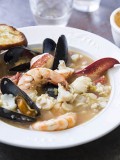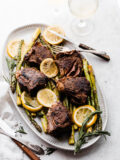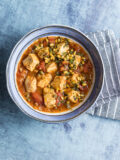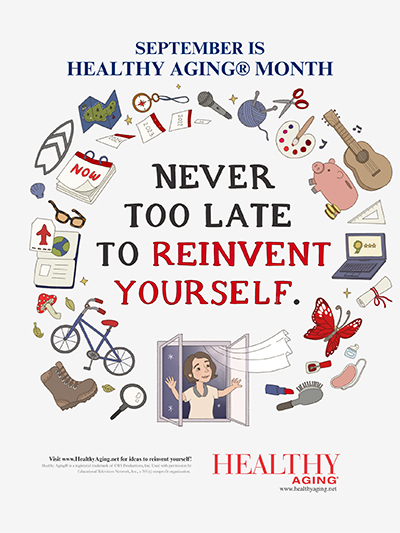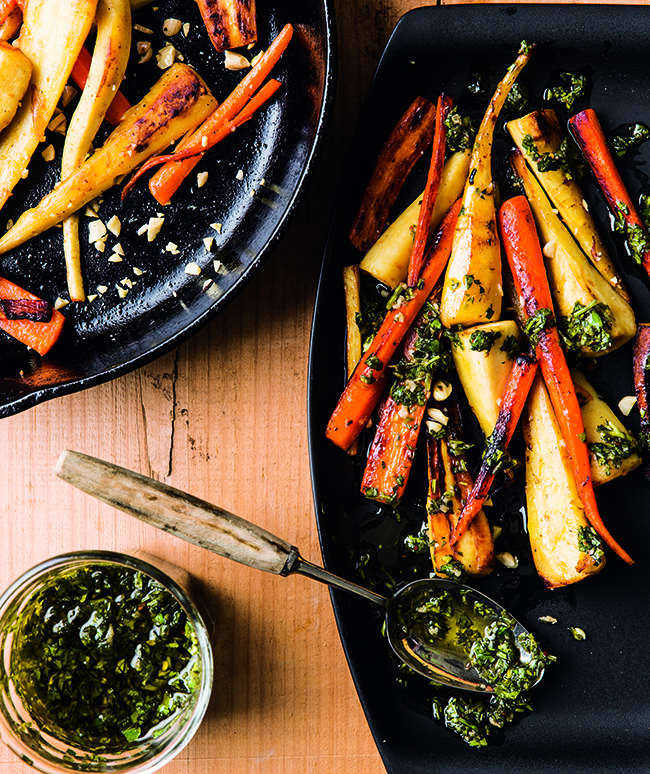
Carrots & Parsnips with Chimichurri. Photo: Keller Photography
Every cook has a favorite pan—or two—that they reach for again and again. Some lean on nonstick for quick cleanup. Others swear by stainless steel for sauces and searing. But ask many professional chefs what they can’t live without, and cast iron almost always makes the list.
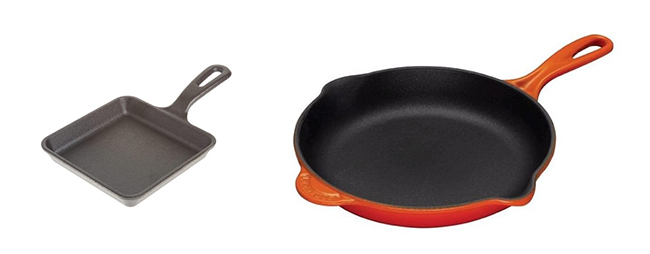
A look in my own cupboard reveals cast iron pans of all sizes – from the itty bitty 5.5” Lodge skillet perfect for a quick grilled cheese (and at under $8 on Amazon), 8” skillets and the workhorse Le Creuset almost 12” skillet that runs in the $250 range. I use them frequently as I do the non-stick skillet.
Cast iron has been around for centuries, yet it continues to earn a place in both restaurant and home kitchens. Chefs praise its even heat, durability, and ability to go from stovetop to oven with ease. It’s equally at home searing a steak, roasting vegetables, or baking cornbread. And while stainless steel may dominate professional kitchens for its speed and consistency, cast iron is the pan that brings heart, tradition, and a little extra flavor to the table.
Why Cast Iron Is Worth the Hype
Unmatched heat retention.
Few materials hold heat like cast iron, making it ideal for browning and slow cooking.
Affordable and long-lasting.
A new 12-inch skillet often costs under $30, and if cared for properly, it will last for generations.
Health benefits.
Unlike some nonstick coatings, cast iron doesn’t release synthetic chemicals; it contributes a trace of dietary iron instead.
Versatility.
Use it on the stovetop, in the oven, over a campfire, or even on the grill.
That mix of performance and nostalgia explains why chefs often keep at least one seasoned skillet in their personal kitchens—even if their professional work demands stainless steel.
Caring for Cast Iron in 2025
If you’ve ever hesitated to use cast iron because of its upkeep, know that the rules are simpler than they used to be. Here are the updated best practices:
Season it in the oven.
A light coat of oil baked onto the pan at 450°F for an hour creates a smooth, nonstick finish.
Soap is delicate.
A bit of mild dish soap won’t strip your pan—Lodge and other manufacturers now confirm it’s safe.
Dry with heat.
After washing, set the skillet on a burner for a minute to evaporate water, then wipe in a drop or two of oil.
Use it often.
Cooking regularly builds up layers of seasoning naturally.
Don’t panic about stuck-on food.
Simmer water for a minute, scrape with a wooden spoon, and oil afterward.
The truth?
The more you cook with cast iron, the easier it is to maintain.
A Library of Cast Iron Inspiration
Rachael Narins’ Cast-Iron Cooking: Recipes and Tips (2016) remains one of the most approachable cookbooks for cast-iron beginners and enthusiasts alike. Though nearly a decade old, its recipes and advice still feel fresh—and remind us that cast iron isn’t a fad but a staple.
Other great resources include:
The Lodge Cast Iron Cookbook: A Treasury of Timeless, Delicious Recipes – One of 20 books in the series … Recipes straight from the makers of America’s most iconic skillets.
The New Cast Iron Skillet Cookbook by Ellen Brown – A mix of classics and contemporary dishes with plenty of care tips.
Cook It in Cast Iron by America’s Test Kitchen – Meticulously tested recipes that prove the pan can do it all.
Cast Iron Skillet One-Pan Meals by Joanna Pruess – Weeknight-friendly meals designed for one pan, start to finish.
A Fall Cast Iron Recipe to Try
One of Narins’ seasonal recipes is the perfect example of cast iron’s charm: Carrots & Parsnips with Chimichurri. We previously featured this recipe in Healthy Aging® Magazine. It’s so perfect for fall that we are sharing it again.
Root vegetables caramelize beautifully in a hot skillet, while the fresh parsley- and oregano-based chimichurri adds brightness and zing. The result is a colorful side dish that works just as well on a weeknight as it does on a holiday table.
Carrots & Parsnips with Chimichurri
Makes 4 to 6 servings
CHIMICHURRI
1 cup minced fresh parsley
2 tablespoons minced fresh oregano
2 garlic cloves, minced
¾ cup olive oil
¼ cup red wine vinegar
Large pinch of red pepper flakes
Salt
VEGETABLES
2 tablespoons butter
1 tablespoon olive oil
1½ pounds small, whole carrots, trimmed
1½ pounds small parsnips, trimmed
1 tablespoon roughly chopped almonds
Salt
To make the chimichurri, combine the parsley, oregano, garlic, oil, vinegar, and red pepper flakes in a large bowl. Let rest for at least 30 minutes. Season with salt to taste. This recipe will make 2 cups of chimichurri; leftovers will keep in the fridge for up to 5 days.
In the meantime, for the vegetables, melt the butter in a 10- or 12-inch cast-iron skillet over medium heat. Add the oil and heat for 30 seconds.
Add the carrots and parsnips, stirring gently to coat. Cook, turning often, until the vegetables are softened and browned, about 6 minutes. Toss in the almonds and salt to taste and stir to coat.
Remove the vegetables from the pan and allow to cool slightly. Serve hot or at room temperature, with ½ cup of chimichurri spooned over.
Excerpted with permission from Cast Iron Cooking by Rachel Narins© 2016 published by Storey Publishing, LLC. Paperback.
Why Cast Iron Still Belongs in Every Kitchen
Cast iron may not be the only pan in a chef’s arsenal, but it’s the one that often carries the most stories. From heirloom skillets passed down through families to the budget-friendly versions that become a weeknight workhorse, cast iron is proof that simple tools can produce extraordinary meals.
So while stainless steel and nonstick have their place, cast iron remains the pan that brings tradition, resilience, and heart to the table. Maybe it’s time to dig yours out, re-season it if you need to, and enjoy it this fall. If you don’t already have one in your kitchen, now might be the perfect time to start your own cast-iron story.



